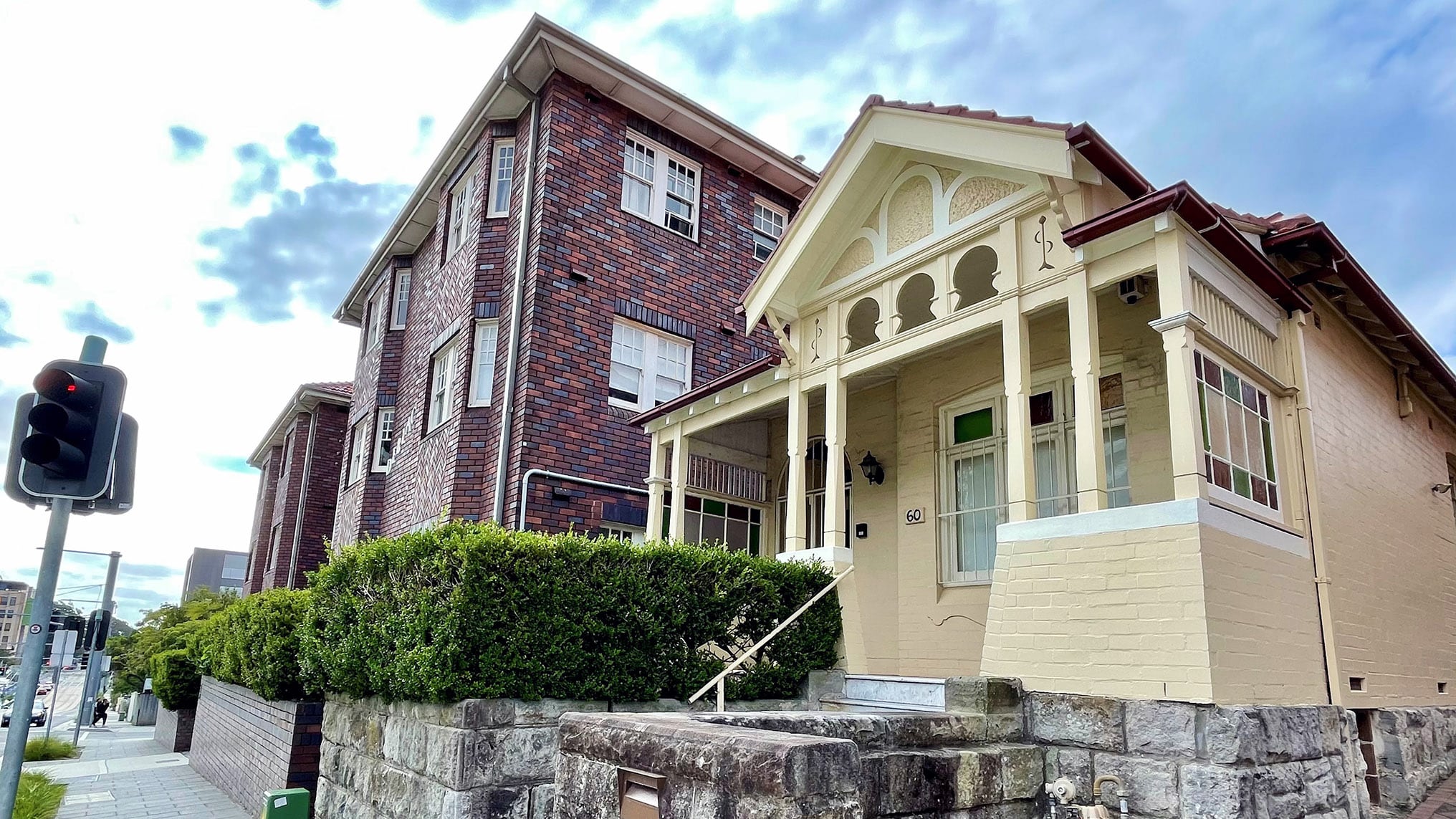Local councils are at the forefront of community efforts to tackle Australia’s worsening housing affordability and homelessness challenges.
While people sleeping rough on the street in our capital cities is of course a problem, our communities in rural, regional and remote Australia are also responding to housing challenges including lack of affordable housing, or overcrowding.
Councils engage in many ways in housing depending on the issues and priorities in their communities. For example, by using excess council land or buildings for housing, collaborating with local community service providers, hosting local housing forums, or providing information about homelessness services, and helping meet housing needs through council-owned caravan parks.
Many councils also deliver or engage with homelessness services, among them:
• City of Salisbury (SA) – Assistance with Care and Housing Project which aims to support those who are homeless or at risk of homelessness to access appropriate and sustainable housing.
• City of Fremantle (WA) – Solutions based approach to interactions between front line staff and people who are homeless.
• Parramatta City Council, Liverpool City Council and North Sydney Council (NSW) – All have developed Homelessness Strategies, Policies or Action Plans.
Cairns Regional Council has a guide on tropical building design which seeks to minimise housing energy costs. Many councils promote the development of low cost “tiny homes”, that can be either wheeled or permanently fixed on a plot of land. Mitchell Shire on Melbourne’s northern fringes is supporting the Transition Village Wallan project where 10 off-grid tiny homes will be built for homeless people.
At ALGA’s 2019 Regional Cooperation and Development Forum and National General Assembly, researchers involved in the ARC Linkage Project on Local Government and Housing in Australia for the 21st Century explained what local councils outside the capital cities are doing to meet their local challenges.
According to Emeritus Professor John Martin of La Trobe University, Gwydir Shire Council (NSW) works in a range of housing areas, such as owning and renting out six houses, is a guarantor for mortgages through the Regional Australia Bank, has an infill strategy that encourages ‘granny flats’, and collects rent on state-owned public housing which it uses to maintain the properties.
As University of South Australia Business School’s Professor Andrew Beer told the NGA, local governments are providing many local housing services, such as ensuring a supply of land, engaging with other tiers of government, coordinating social services, and developing and implementing planning schemes.
Professor Beer said senior levels of government often don’t understand the important role local governments can play in housing, and sometimes local councils have been blamed for policy settings not of their making.
Councils are often unfairly criticised for lack of land availability even when they are constrained by financial resources and legislative requirements. Land availability is a complex issue not simply addressed by rezoning for residential purposes.
Rezoned land also requires appropriate local and state level infrastructure and services to ensure not just a supply of housing, but the creation of liveable communities.
Professor Beer also noted that while local governments are doing good work in the housing sector, there’s a sense of reluctance among some to share that good news because of fears of further cost-shifting by more other tiers of government.
I can understand that reluctance.
Twelve councils from across regional, metropolitan and regional Australia, and the Local Government Association of SA are partners in the Local Government and Housing research project. I encourage you to visit the site for project updates, as the project is due to finish by the end of 2019.
I look forward to learning more about the various ways local government is stepping up to addressing housing needs in our communities, and sharing them with you.
David O’Loughlin
ALGA President.
Posted 19 July, 2019




